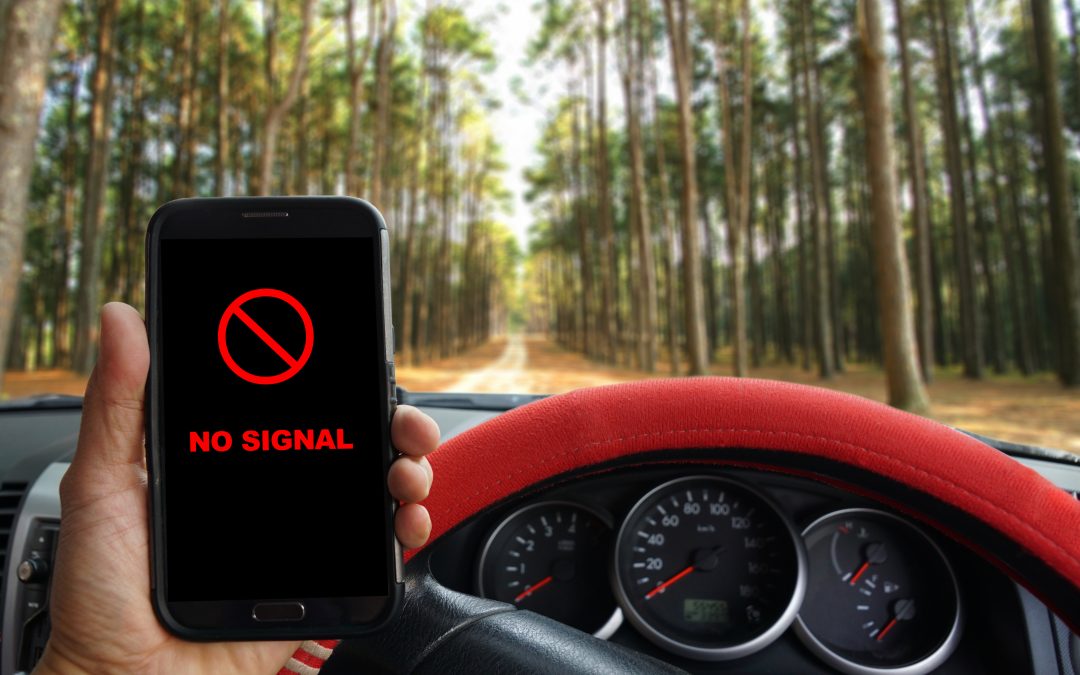Image: Shutterstock
Blog Editor’s Note: Great opinion piece by Kate Murphy of the NY Times. Not much new in here for our regular readers, but very good to see this in such a well respected and widely read outlet.
Note that she says the RNT Foundation “…advocates for an eLoran backup of GPS.” We also advocate for all the other systems the government has said are needed to backup GPS.
The government has promised twice to implement eLoran as a GPS backup, and most recently has said that a combination of fiber, UHF beacons, and Low Frequency (a la eLoran) is needed to make America safe.
Our strongest advocacy is for the government to take action. So far, all we have seen (1) studies that focus solely on critical infrastructure, and (2) warnings to users to protect themselves.

The system is essential but also vulnerable. We need a backup.
Kate Murphy, a frequent contributor to The New York Times, is a commercial pilot and author of “You’re Not Listening: What You’re Missing and Why It Matters.”
Time was when nobody knew, or even cared, exactly what time it was. The movement of the sun, phases of the moon and changing seasons were sufficient indicators. But since the Industrial Revolution, we’ve become increasingly dependent on knowing the time, and with increasing accuracy. Not only does the time tell us when to sleep, wake, eat, work and play; it tells automated systems when to execute financial transactions, bounce data between cellular towers and throttle power on the electrical grid.
Coordinated Universal Time, or U.T.C., the global reference for timekeeping, is beamed down to us from extremely precise atomic clocks aboard Global Positioning System (GPS) satellites. The time it takes for GPS signals to reach receivers is also used to calculate location for air, land and sea navigation.
Owned and operated by the U.S. government, GPS is likely the least recognized, and least appreciated, part of our critical infrastructure. Indeed, most of our critical infrastructure would cease to function without it.
The problem is that GPS signals are incredibly weak, due to the distance they have to travel from space, making them subject to interference and vulnerable to jamming and what is known as spoofing, in which another signal is passed off as the original. And the satellites themselves could easily be taken out by hurtling space junk or the sun coughing up a fireball. As intentional and unintentional GPS disruptions are on the rise, experts warn that our overreliance on the technology is courting disaster, but they are divided on what to do about it.


